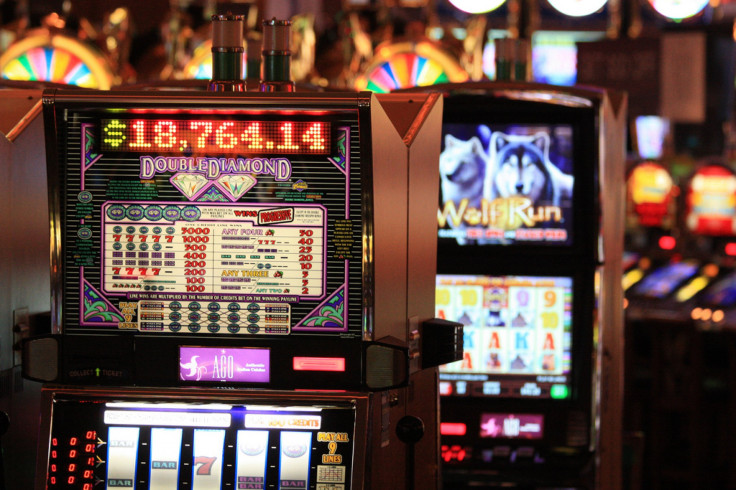Hungary Bans Slot Machines, Forgoing Gambling Revenues To Help Poor

Hungarians are down on their luck these days, so maybe it’s a good thing the government wants to ban slot machines in all but three casinos nationwide.
The bill to get rid of slot machines was filed in Parliament on Monday, according to the Associated Press. State Secretary Janos Lazar said the ban would ultimately benefit the country’s poor, adding only vaguely that national security considerations had also factored into the decision.
Hungary’s decision is in line with the notion that legal gambling as nothing more than a regressive tax scheme. Several U.S. studies have shown that people in lower income brackets tend to make up the bulk of small-scale gamblers, and the money they bet (and usually lose) ends up filling government coffers.
So Hungary’s ban is being pitched as a way to protect the poor from fiscal self-destruction. It’s a policy that makes sense despite its distasteful paternalism -- and it’s well in line with the overbearing nature of Hungary’s current ruling party, which is struggling to deal with an economic downward spiral of recent years.
Hungary was doing well until the global recession began in 2008. That’s when the economy began to slow down and citizens grew impatient with a Socialist government that had long been saddled by corruption. The 2010 elections resulted in serious realignment; voters awarded two-thirds of parliamentary seats to politicians from the center-right Fidesz-Hungarian Civic Union Party.
Many later came to regret their choice.
The Fidesz bloc is led by Prime Minister Viktor Orban, a former anti-Communist activist who has presided over what many have deemed an authoritarian overhaul of the Hungarian government.
This included a brand new constitution that severely restricted the freedom of independent institutions, giving Orban and his party unprecedented control over the country’s economy, media and judicial system. The move incited waves of Hungarians to rally on the streets of Budapest in a rare show of public protest in January.
Monday’s ban isn’t even the first time Fidesz has targeted the gambling industry; in 2011, Parliament approved heavy new taxes on casinos across the country, eliciting the ire of poker players from Budapest to Békéscsaba.
So the slot machine bill is not altogether surprising -- except for one strange detail. In enforcing the ban, Hungary will be losing out on slot machine revenue amounting to about $135 million per year, according to Lazar. And any loss is a serious loss in Hungary, which is the most indebted country in Central Europe.
To make up for that, Lazar said, the government will now begin taxing and regulating more online gambling sites.
© Copyright IBTimes 2024. All rights reserved.












